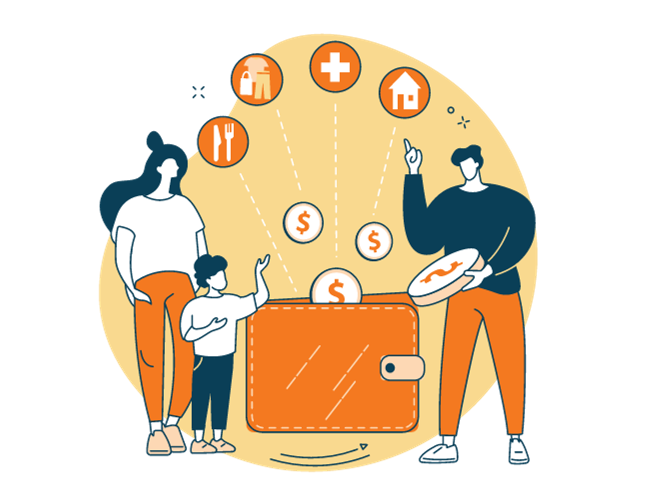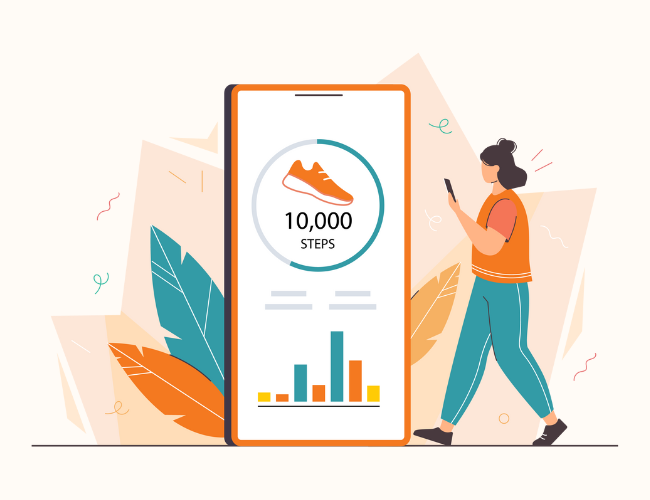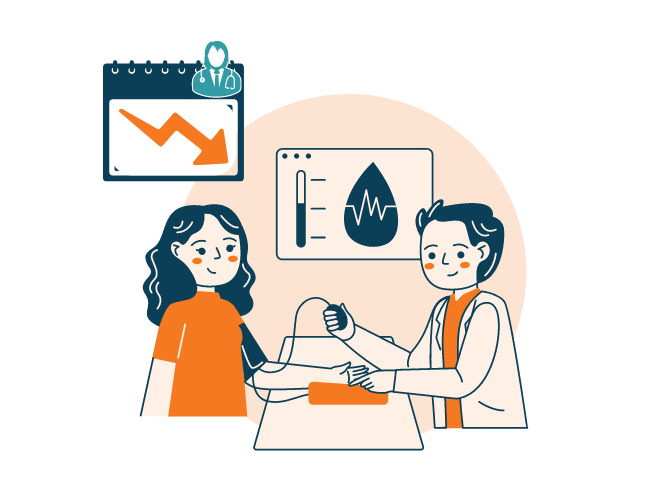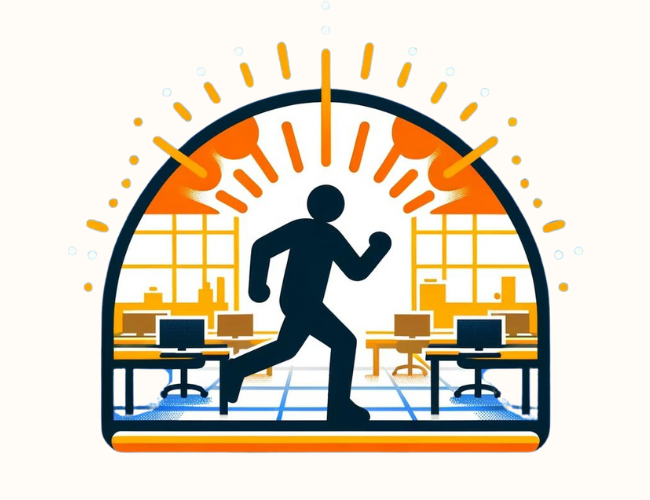As researchers and health professionals continue to look for the best ways to encourage lifelong health, evidence continues to show that walking may be an important foundational habit. A recent study published in the journal Sleep Health linked increased physical activity to better sleep. Researchers revealed that study participants who logged around 7,000 steps per day reported better sleep quality over the course of the study. The increased physical activity had no effect on sleep duration; study participants were regularly getting about eight hours of sleep per night before the study began.
In addition, the World Health Organization (WHO) published new guidelines for the reduction of cognitive decline in older adults earlier this year. Though consumers spent almost $2 billion on brain training apps last year, the WHO found no long-term evidence that such games reduce cognitive decline. Instead, the WHO guidelines recommend at least 150 minutes of moderate exercise per week starting before symptoms of cognitive decline set in.
Similarly, a 2017 review published in the journal Brain Science found that physical activity “may become the most important behavioral factor in facilitating healthy mental and physical aging.”
Other Walking Benefits
The benefits of walking are well-documented. Walking even a moderate amount can:
- Lower risk of heart disease: One meta-analysis of walking studies found that walking 30 minutes per day, five days per week lowers the risk of cardiac disease by 19%.
- Lower blood sugar: One small study suggests that taking a moderate 15-minute walk after each meal could improve blood sugar control.
- Reduce joint pain: The Arthritis Foundation recommends walking for its many benefits, including lubricating joints to prevent deterioration.
- Boost immune function: A study in the British Journal of Sports Medicine reported that participants who walked 30 to 45 minutes per day had 43% fewer sick days.
- Improve mood and reduce symptoms of mental health issues: A large study published in The Lancet Psychiatry found that participants who exercised had 43% fewer self-reported “bad mental health days” over the course of the study. The largest associations with better mental health were from high-intensity exercise and team sports, but walkers found bad mental health days reduced by more than 10%.
Physical Activity: The Cornerstone Of Employee Wellness Programs
It can be tempting to focus an employee wellness program on new, innovative, creative wellness initiatives that provide valuable differentiation in a tight labor market. While innovative programs that focus on holistic well-being should not be ignored, it’s important to keep physical activity as a foundation for company wellness programs, especially since physical wellness has been shown to impacts other areas of well-being.
Physical activity doesn’t have to be intense to be beneficial. Any physical activity—strength training, moderate walking, tai chi, yoga, etc.—creates a host of benefits across most areas of well-being. Good health doesn’t just consist of one metric; rather, it’s an overall approach to well-being that involves the physical as well as the emotional, intellectual, social, and mental aspects of daily living. The benefits of physical activity will spill over into all of those areas.
Why Walking Programs?
For employers looking for ways to encourage physical activity, walking programs are easily the most accessible, simplest programs to initiate in most companies.
Walking programs are:
- Broadly accessible to a majority of employees: Barring certain physical impediments, walking is an activity that most people can engage in. For those employees with disabilities that interfere with walking, exceptions can be made to encourage alternate forms of exercise.
- Inexpensive to implement: With no gym needed, an employer who wishes to encourage a walking program need only ask employees to track steps or time.
- Social vehicles: Employees can walk together before or after work or on their lunch hours, encouraging group cohesion and teamwork.
- Family friendly: Employers who want to organize group events can easily include employee family members—even small children—and thereby boost social connection and morale.












